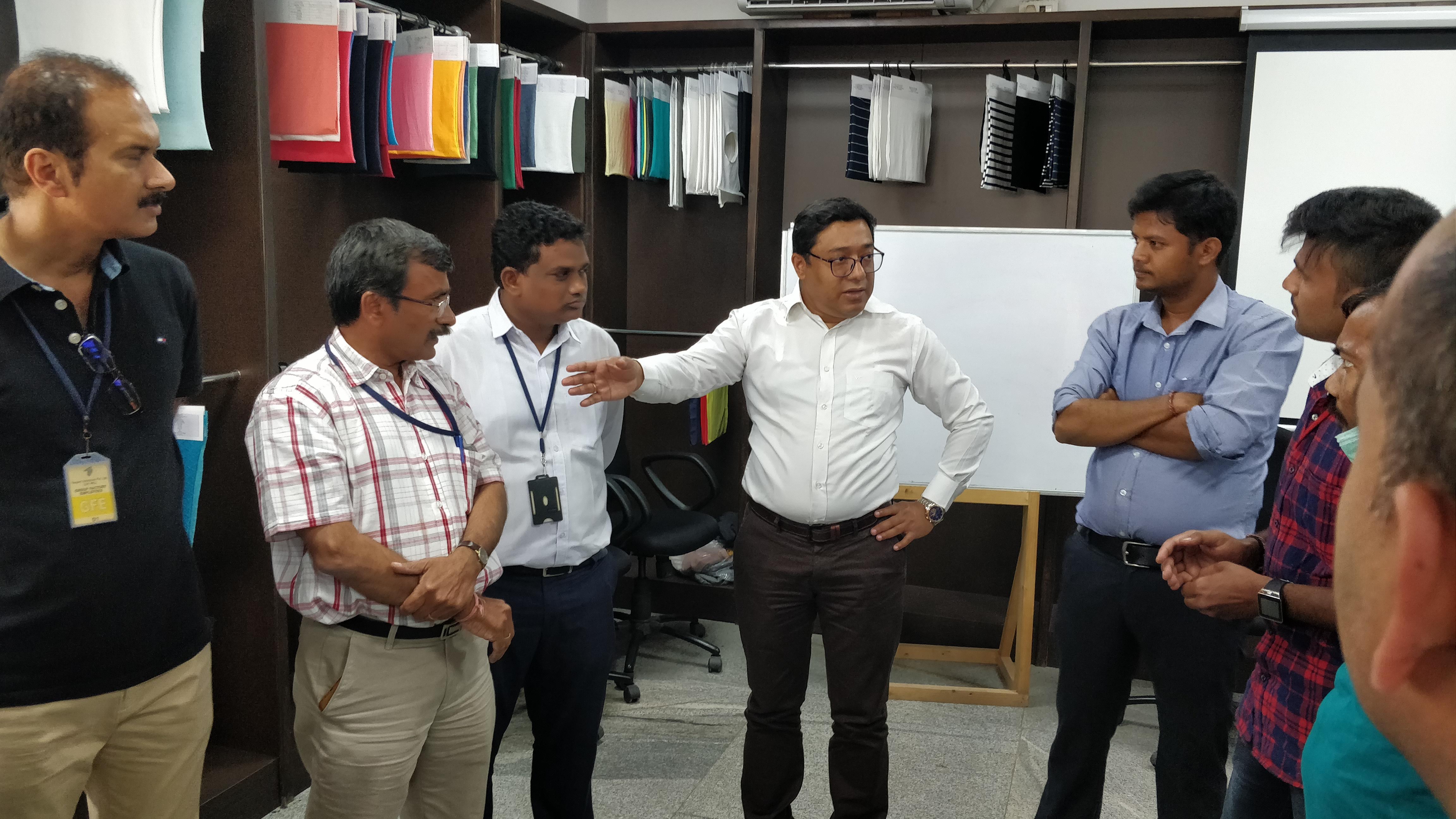Participatory Social Audits
Background:
Over the past several years, one of the most important tools that have been used for monitoring the supply chain is “Social Audit”. Although social audits have been able to keep the supply chain on the toes, yet social audits have not been able to create the desired sustainable change in the industry in terms of ethical standards.
Neel and Jekib successfully conducted more than thousand audits throughout the world. Even after that there was always a sense of guilt for not making enough changes in the life of workers.
Classical Social Audit – A Global Failure
“I engage in dialogue because I recognize the social and not merely the individualistic character of the process of knowing. In this sense, dialogue presents itself as an indispensable component of the process of both learning and knowing. ” - Paolo Freire
Soon they realised the conceptual and structural weaknesses in the classical auditing. They also realized that ‘Social Audits’ as a tool has not been able to gain welcome and acceptance from the supply chain and has failed to be an enabling tool due to the following reasons:
- It is based on suspicion and disbelief; rather than creating an ambience of trust and respect. Fault finding and policing approach being used.
- Top down approach and absence of true dialogue process. They are always imposed rather than aspired to empower the human rights conditions.
- There is no scope to build a mutually respectful relationship for intense fearless conversations. Key stakeholders who have important role not being part of the audit process.
- There is no scope to dive deep into the crisis to understand real challenges, business realities and advantages of better human rights conditions. Focus has been on identifying non compliances and creating correction action plans.
- There is no scope to explore different options and collectively agree on tailor made solutions.
“New Kid in the town” – Participatory Social Audit

- Unique approach which actively involves all stakeholders in the process of audit. Middle Management, Committees/ Elected Representatives/ Union, Internal Auditors, HR Executives actively participate in the process and collectively conduct the gap assessment and through inclusive dialogue they finalize their action plan and remediation strategy.
With an objective to mitigate the above gaps of a social audit, Paradigm Shift has been researching and revamping the entire audit approach itself while keeping the basic protocols intact. The fundamental question which we asked ourselves while coming up with this concept is “what if audits can be a facilitative and capacity building tool for change rather than a policing tool?” This was one fundamental change based on which Paradigm Shift came up with the concept of “Participatory Social Audit”. In the entire process, importance is given on not only monitoring and identifying non compliances together, but also on facilitating internal capacity building on thematic issues as well as solution planning. The whole concept is built on the belief of dialogue and co-creation.
How Participatory Social Audits can address the gaps
Participatory Audit as a concept is based on engaging the key stakeholders in the entire audit process, not as participants but as core members of the audit team itself and to make the entire audit a facilitative and capacity building tool. As mentioned earlier the following basic fundamental protocols would not be compromised during this change of approach:
- Being neutral
- Being objective
- Being critical